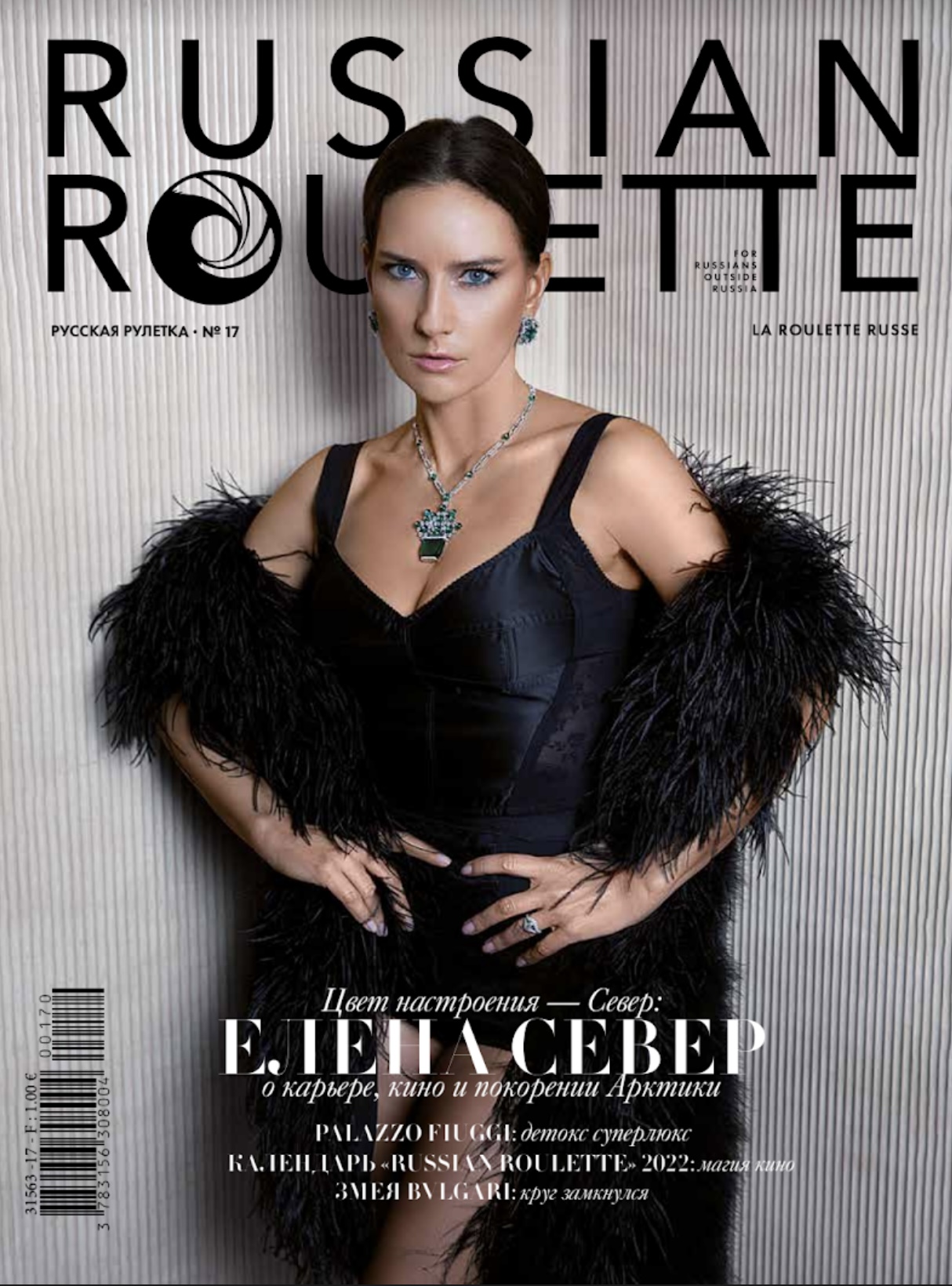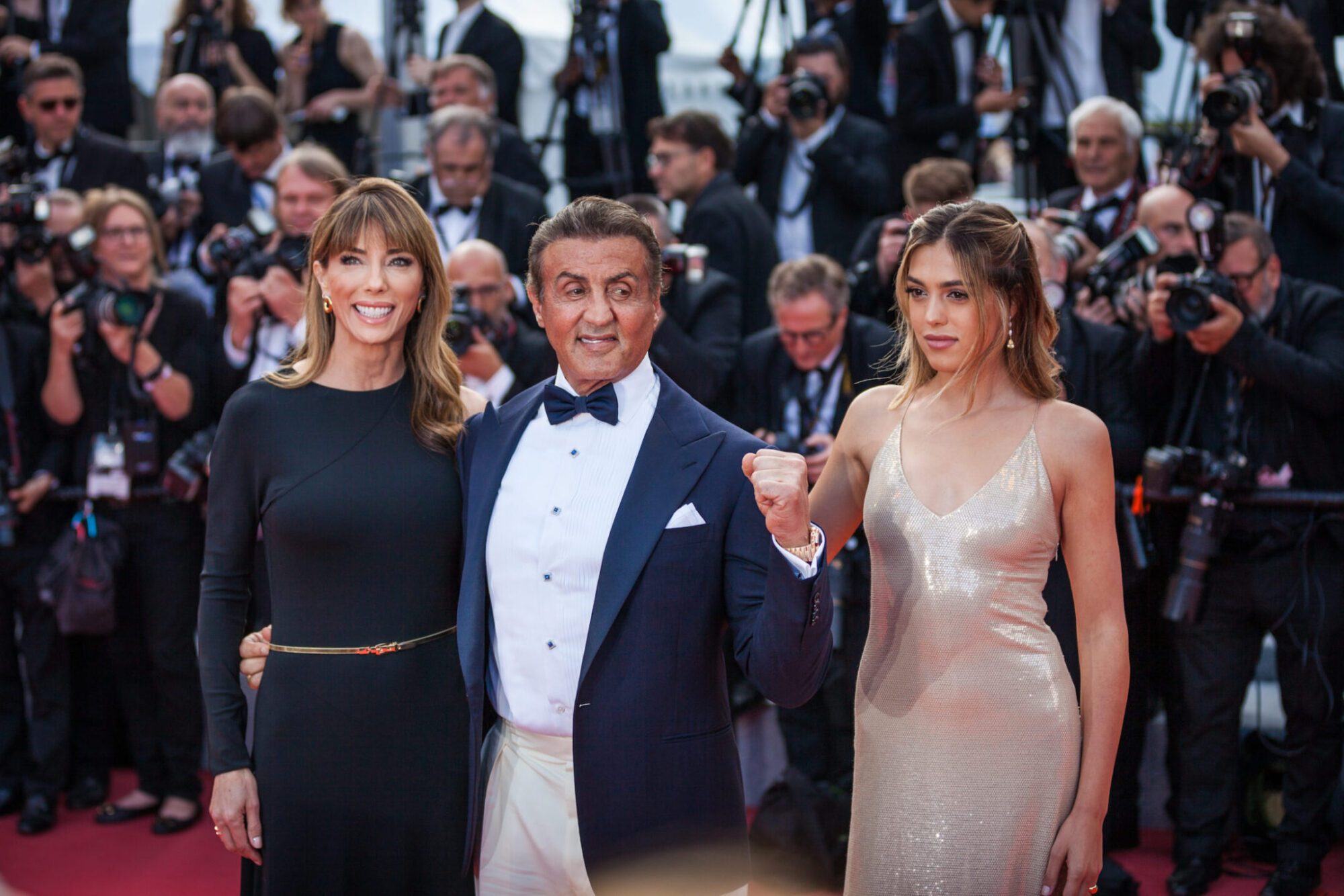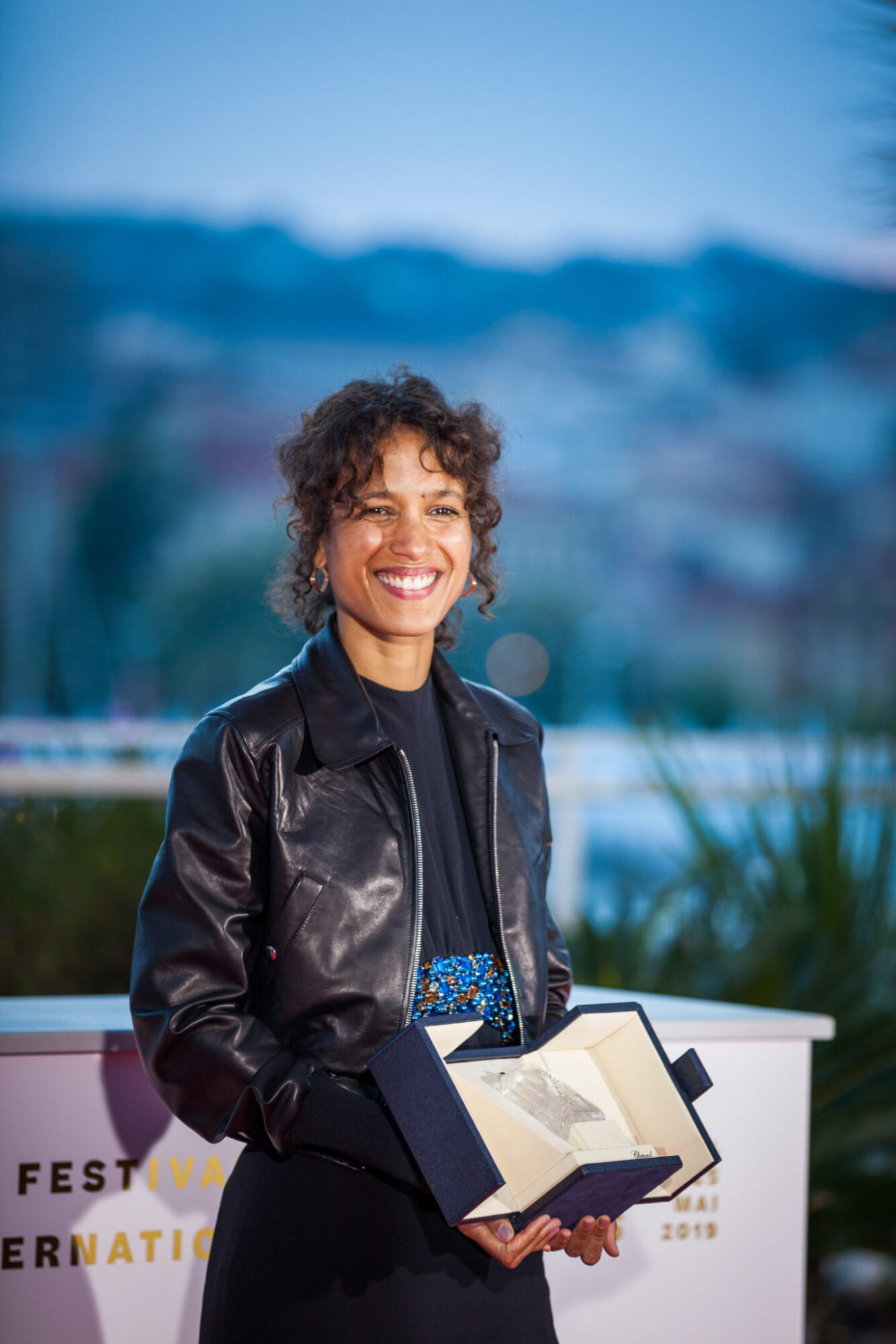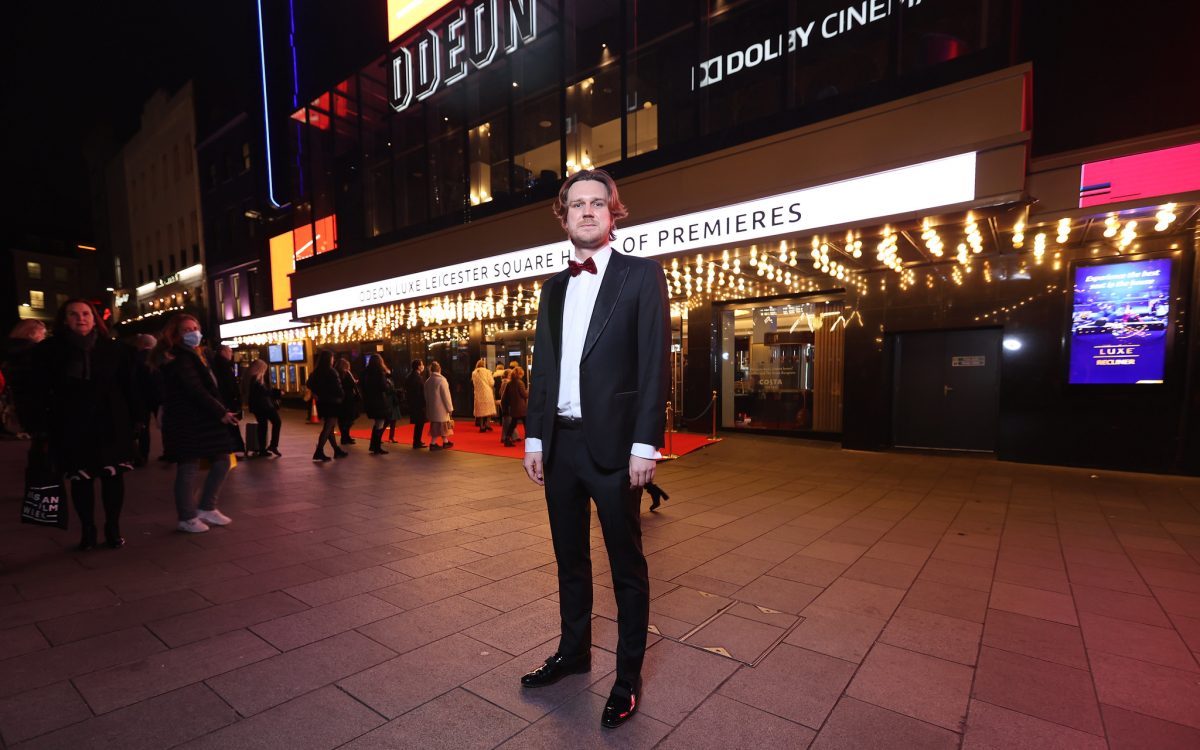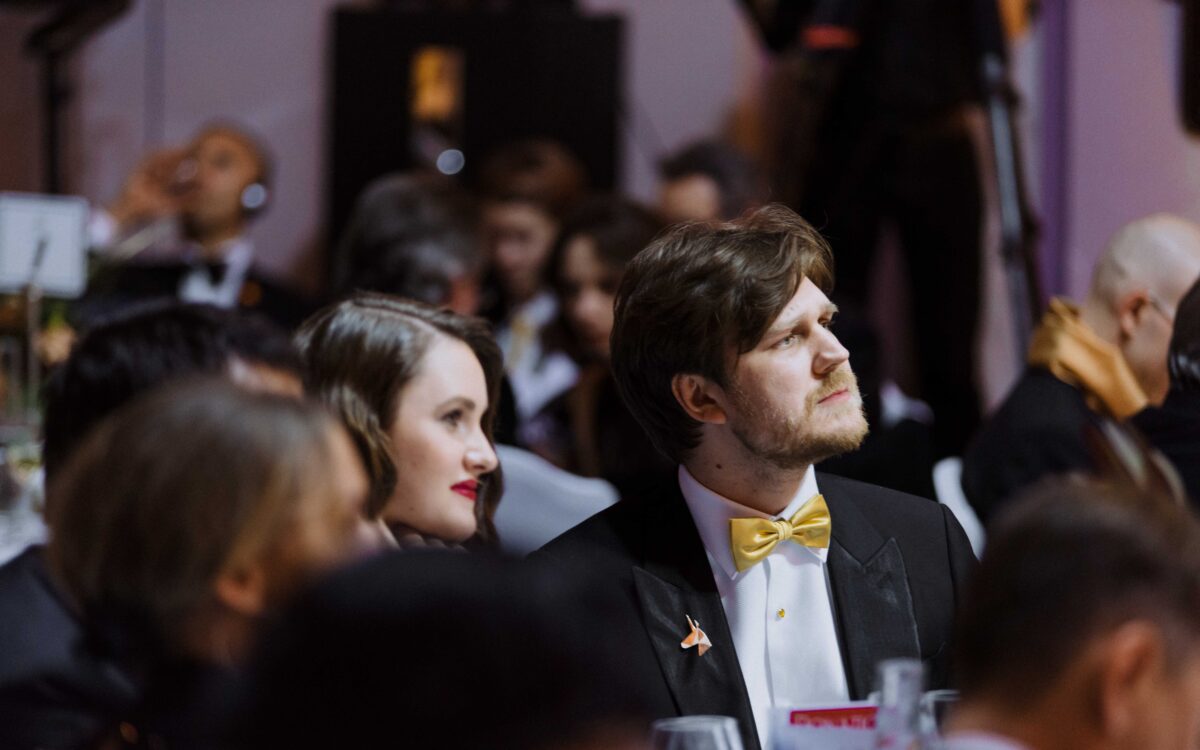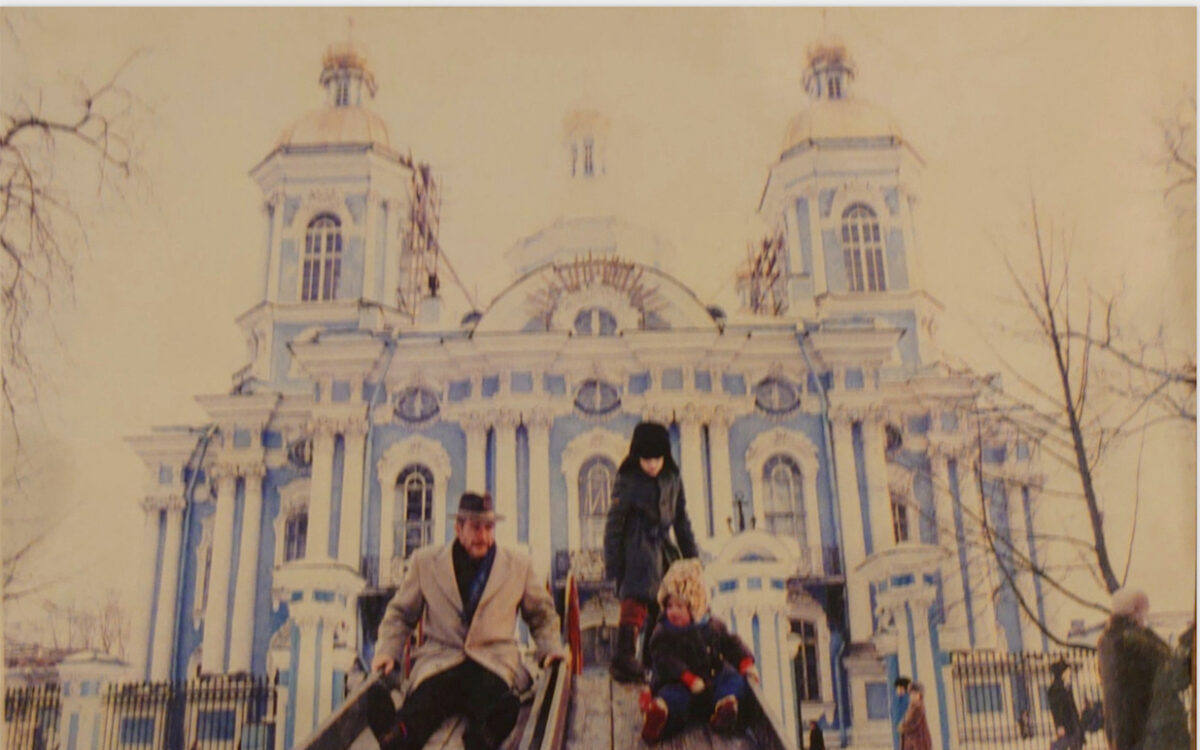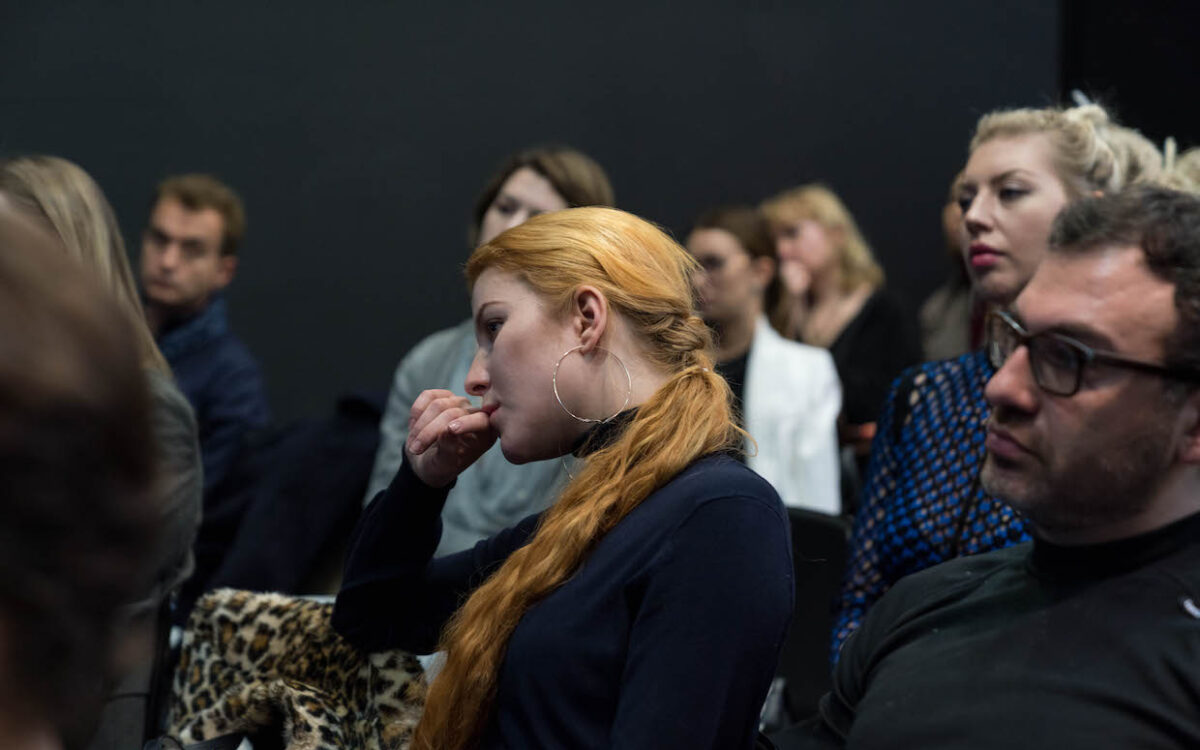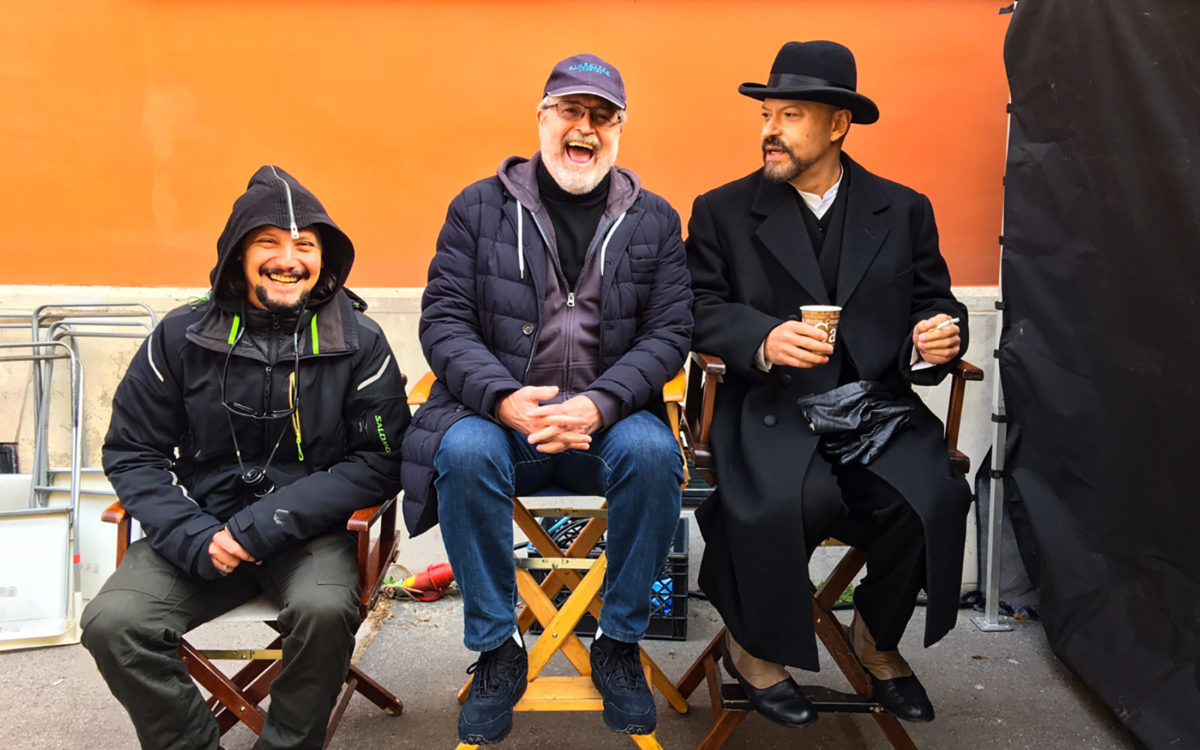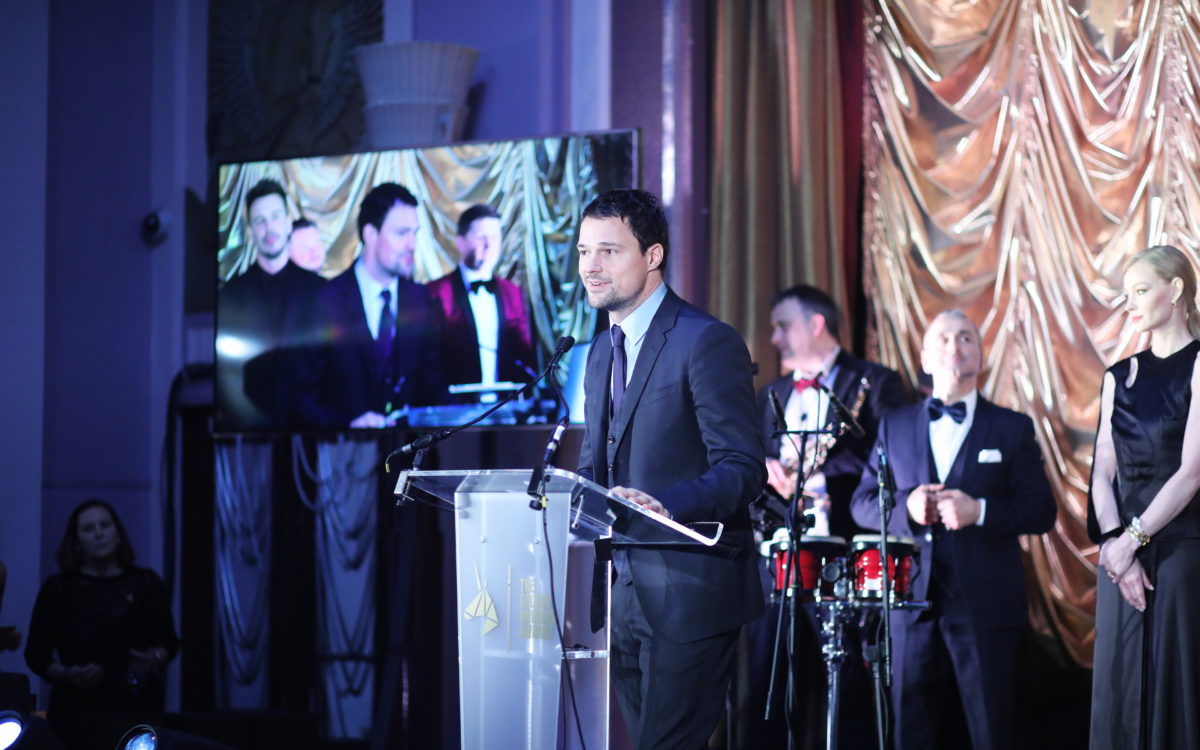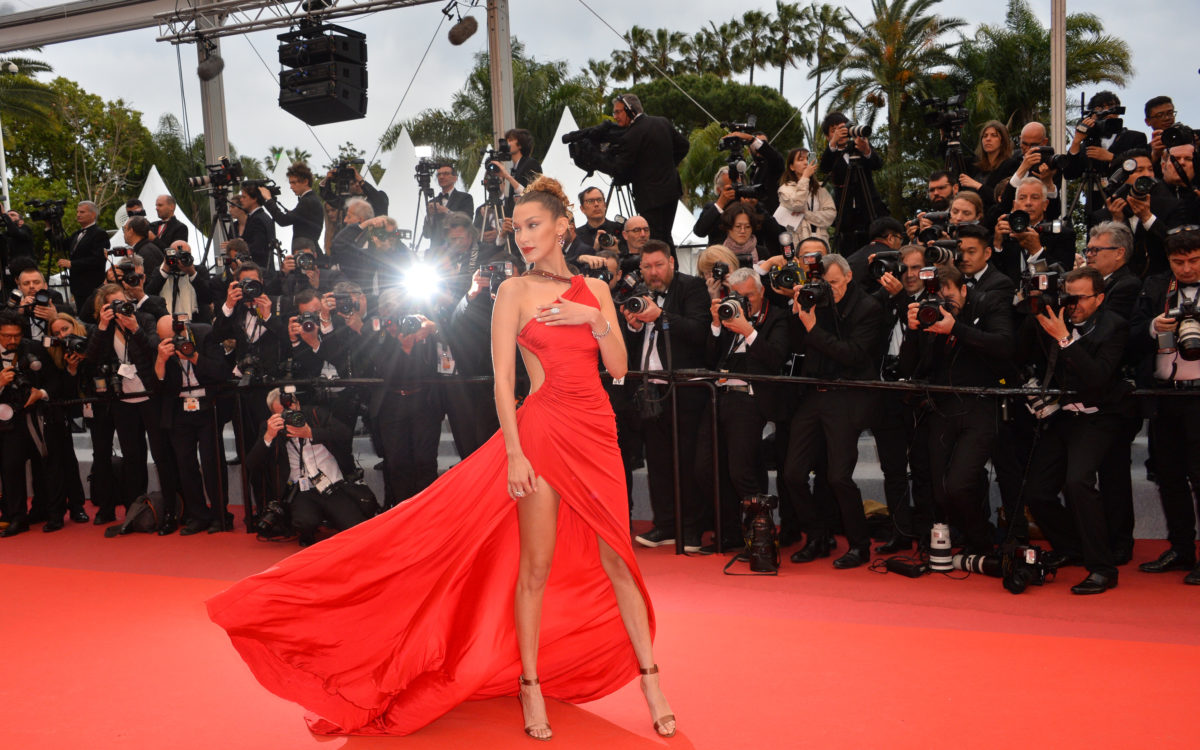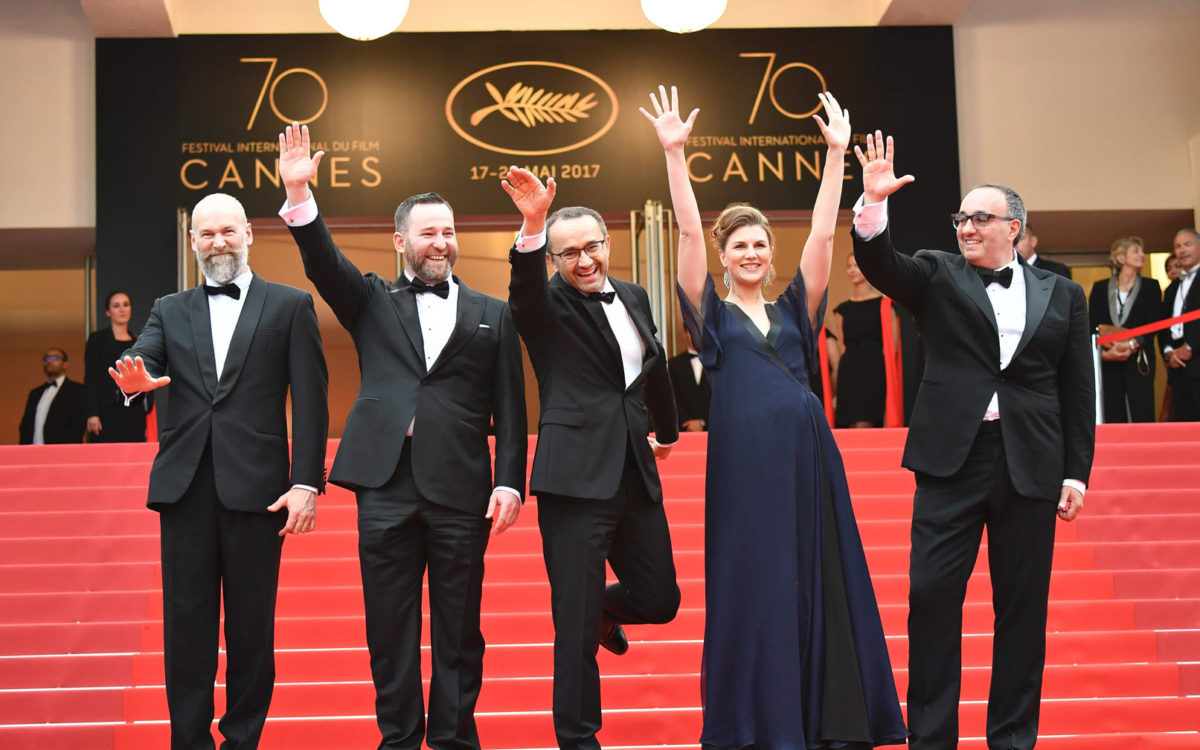Cannes 2019: Bridging Cultures and Redefining Trends in Cinema
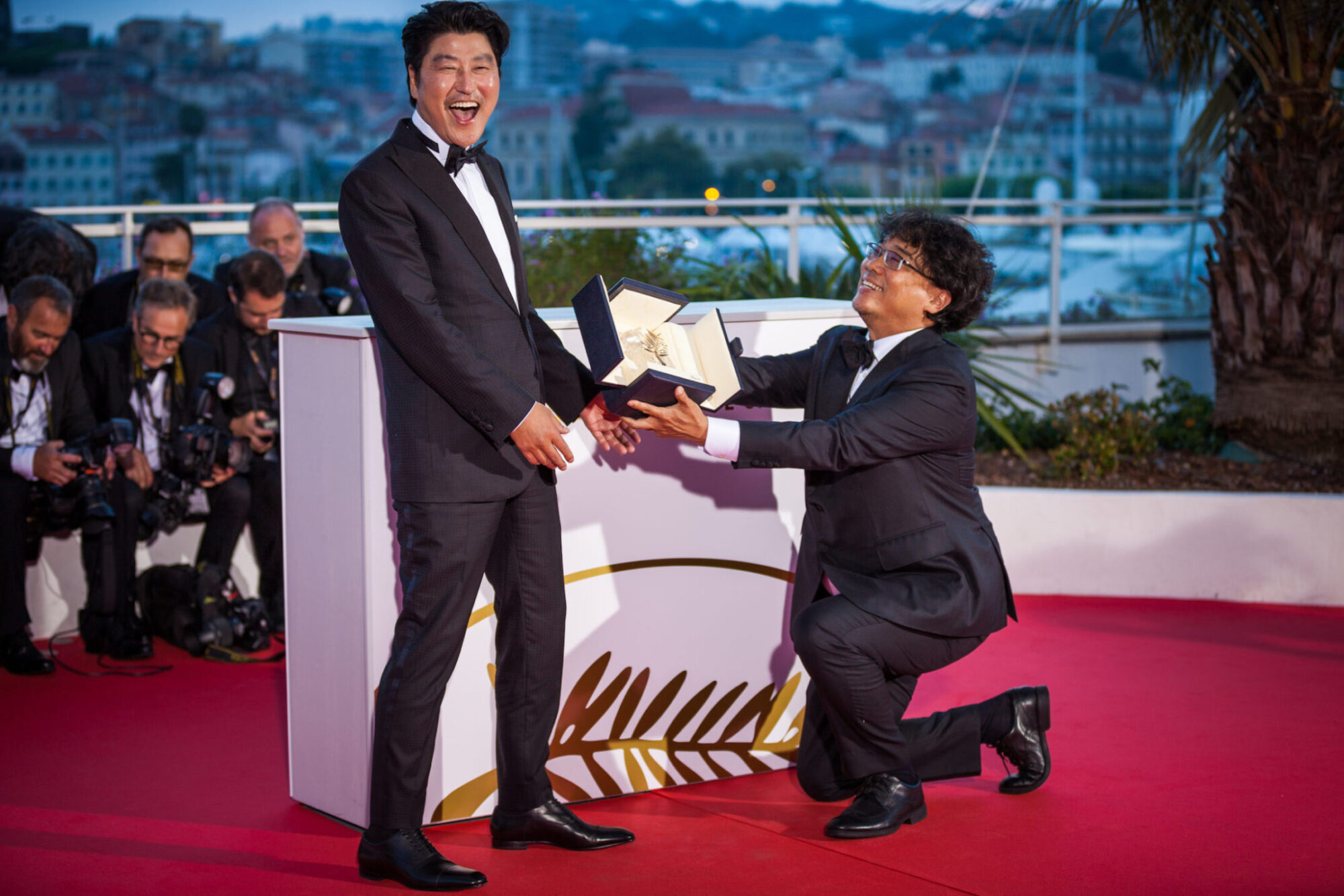
May, 2019, Cannes.The vibrant pulse of the Cannes Film Festival this year was undeniably enriched by the prominent presence of Asian talents. As the red carpet unfurled, it was adorned with an array of film stars and models, whose oriental eyes reflected a mosaic of cultures and narratives. The pinnacle of this trend was the Palme d'Or winner, "Parasite" , a cinematic masterpiece by South Korean director Bong Joon-ho.
By Kristina Moskalenko
Indeed, the festival, renowned for fostering a taste for regional cinema, has embraced the burgeoning Asian fascination with European luxury, creating a new wave of fashion for Asian art in Europe. After all, Asian investors are trending too.
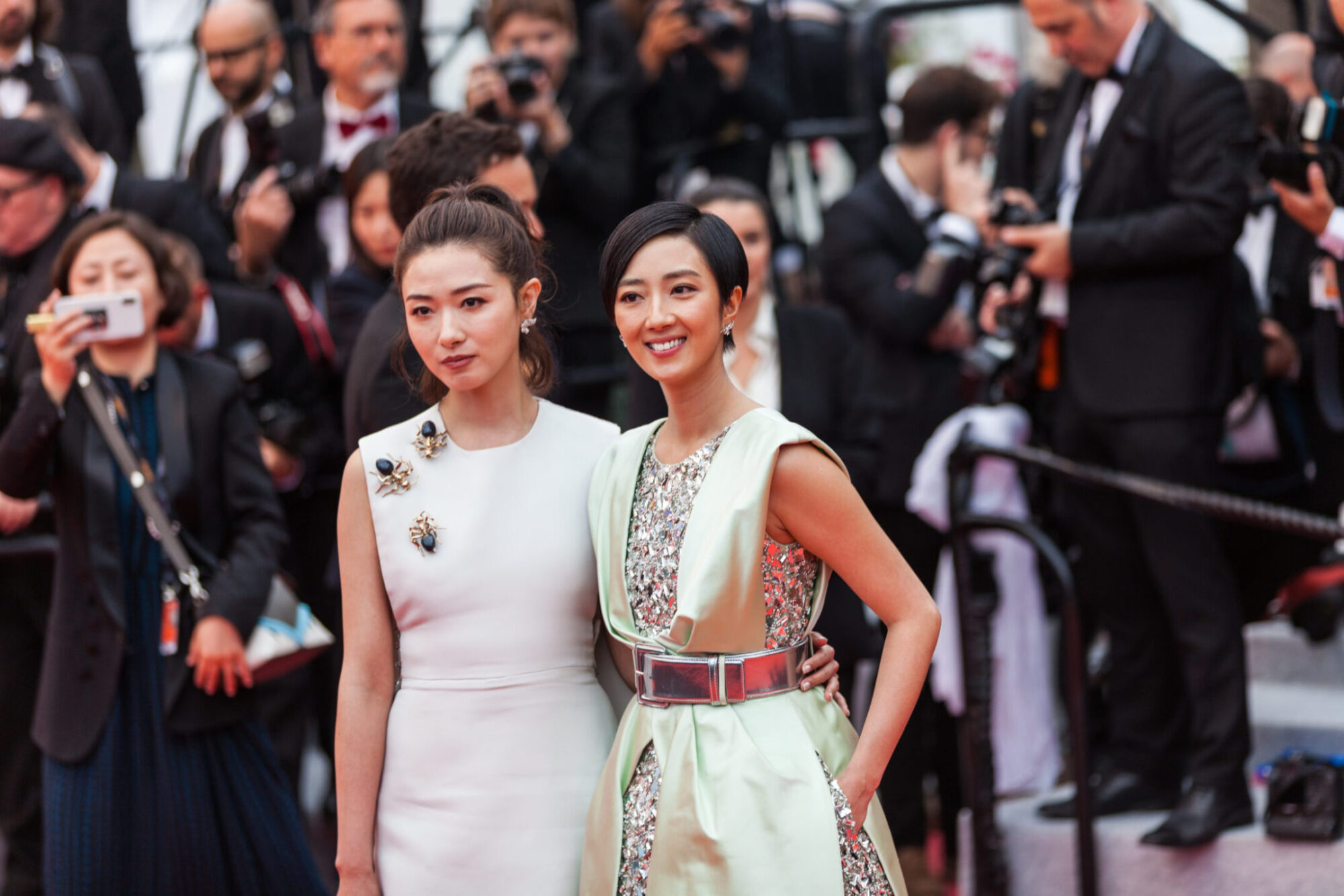
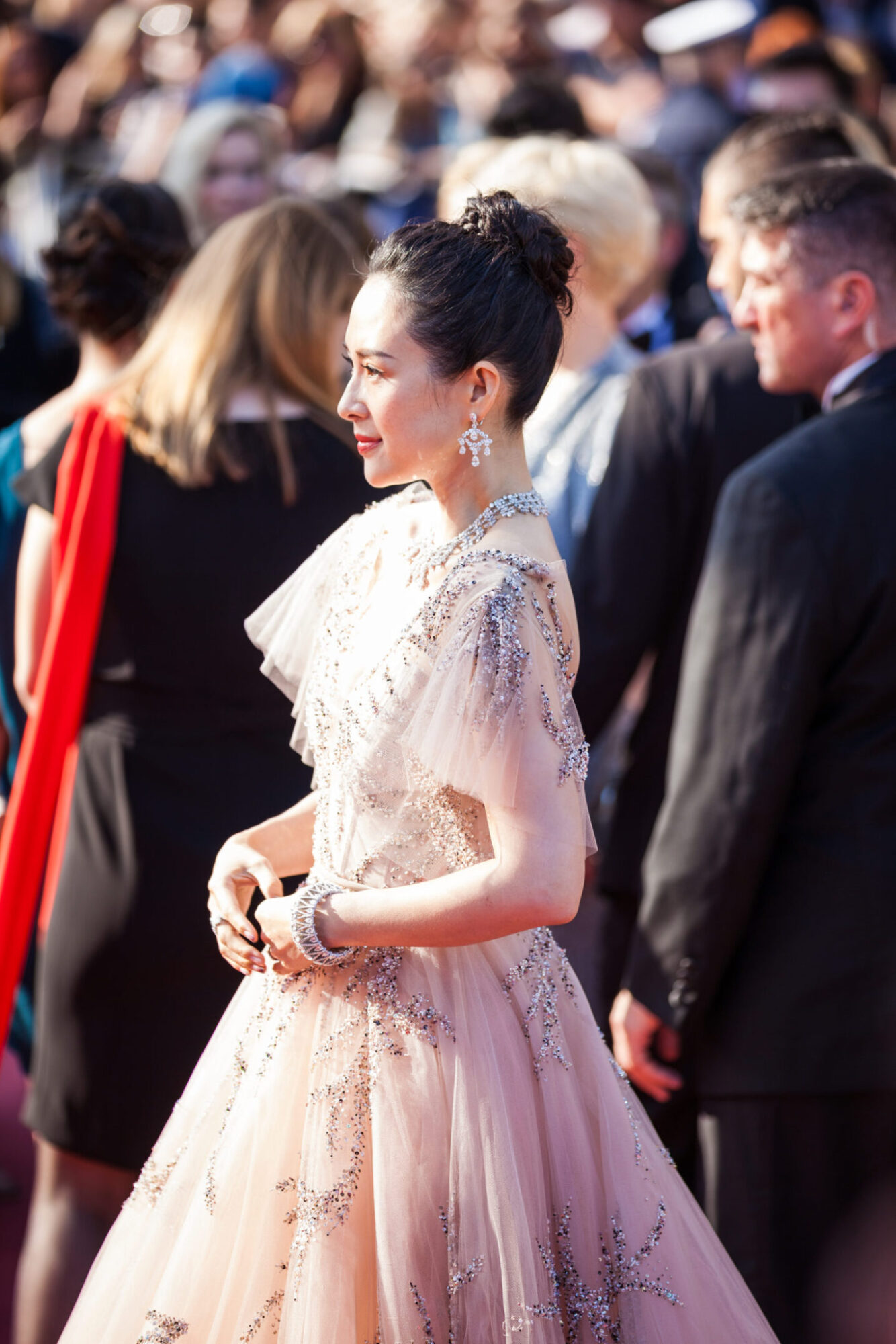
A Democratic Process
Before the unveiling of the coveted Palme d’Or, jury chairman Alejandro Gonzalez Inarritu emphasized the secrecy of the voting process, repeating three times that the winner is chosen by secret ballot. He also highlighted that the festival, “unlike many other places on the planet,” operates as a pure democracy. As if hinting that there can be no quotas or economically biased decisions in choosing a winner.
The Triumph of “Parasite”
In a momentous triumph, the prestigious accolade was bestowed upon Bong Joon-ho for “Parasite”. The film, a poignant portrayal of two families straddling the chasm of wealth and poverty, captivated audiences with its nuanced exploration of survival amidst societal disparities.
What sets “Parasite” apart is its portrayal of survival as an engaging spectacle, where characters exhibit remarkable resourcefulness. To make extra money from their wealthy employers, they resort to unconventional measures, such as leveraging vague notions of modern art to address mental illness. Consequently, viewers grapple with a nuanced dilemma, as the director refrains from moralizing or delineating clear heroes and villains. Instead, he invites empathy and comprehension for both worlds, revealing their intricate interdependence and shared humanity.
With its stunning cinematography and timely themes, “Parasite” stands as a pioneering force in Korean cinema, poised to reshape the global cinematic landscape. The 15-minute applause that reverberated through the Auditorium Louis Lumière was a testament to its impact, heralding a new era for Asian cinema.
Celebrating Asian Cinema
In a similar vein, another noteworthy South Korean film, “Train to Busan” by Yeon Sang-ho (which premiered at Cannes in 2016), offers an eclectic mix of apocalyptic narrative, heartfelt emotion, humor, and unexpected twists. It beckons those eager to explore the rich tapestry of South Korean cinema.
But not only cinematic wing of the Cannes Film Festival gets injected with fresh vibrancy via its attention to Asia. The glamorous side is evolving global landscape too: thus Chinese model Sui He illuminated social media platforms draped in the vibrant hues of Italian couture from Versace, radiating in resplendent yellow.
Women in Cinema
And that’s not all that’s changed… The treatment of women in cinema presents another fascinating dynamic in the fast changing culture of the moving image. In the wake of the #MeToo movement, the festival has made concerted efforts to integrate women into its juries and acknowledge female achievement in the industry. Notably, it has embraced a more relaxed dress code, allowing women to walk the red carpet without bras and in flat shoes — a convergence of the free-spirited fashion of the French Riviera with the pragmatic style of urban metropolises. However, traces of latent sexism persist.
The Press Corps and Festival Business
Incidentally, the international press corps comprises 5,000 accredited journalists. However, not all journalists and want-to-be journalists gain entry upon request. But if accreditation proves elusive, alternative avenues are available, including on-site procurement for a sum just exceeding 400 euros. In such cases, scrutiny regarding one’s dedication to journalism and the film industry remains minimal. It is imperative for the festival to ensure its continued profitability. After all, the film business, like all business, is just business.
